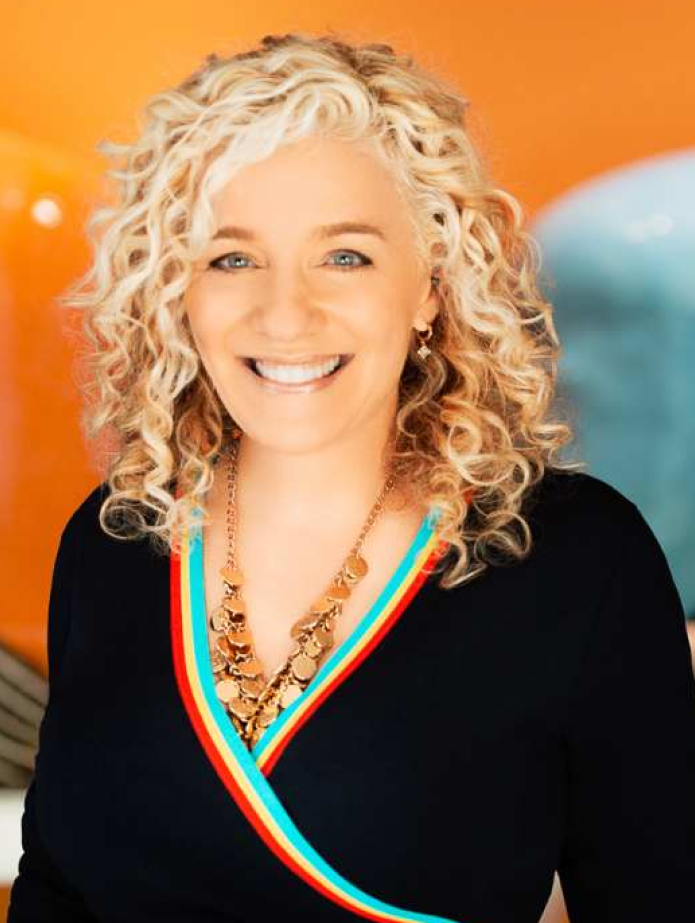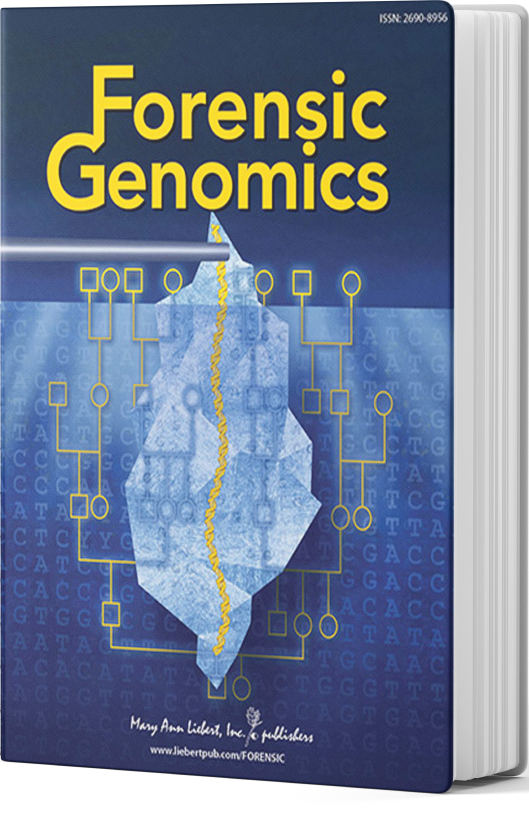The largest annual meeting focusing entirely on DNA forensics.
Discover the newest advances in DNA technology from top experts in the field at the 34th International Symposium on Human Identification. It’s all happening September 18-21, 2023!
The Mindset for Success — Activating True Resilience
TUESDAY, SEPTEMBER 19, 2023 | KEYNOTE PRESENTATION
What is the mindset needed to be vibrant, alive and in command of your life? What does it look and feel like? At any moment, life can throw turmoil in our direction—uncertainty and unrest from changes at work, the shock of sudden financial loss, an automobile accident, serious illness…What does it take to be OK inside of ourselves no matter what?

Thank You To Our 2023 Sponsors






exhibition
Book a booth at ISHI and introduce your products and services to scientists from around the world. You’ll reach decision makers who purchase products and services related to all aspects of forensic DNA.


Forensic Genomics is the Official Journal of ISHI
Forensic Genomics is a new peer-reviewed journal that addresses how advances in genetic testing and genomic analysis can enable investigators to break through previously impenetrable forensic DNA barriers. Led by Editor-in-Chief Nicole Novroski PhD, the Journal focuses on the use of DNA testing technologies, algorithms, artificial intelligence, and genealogical research methods to support human identification using inference tools and inductive reasoning. Forensic Genomics aims to accelerate the validation and adoption of new methods to support investigations that would be otherwise stalled with traditional testing methods (view past issues).
Receive a discounted subscription rate when using code “ISHI“.
calling all students & young scientists!
Learn about what we have in store for those early in their career at ISHI this year and check out additional resources available on our

Webinars

The ISHI Report


